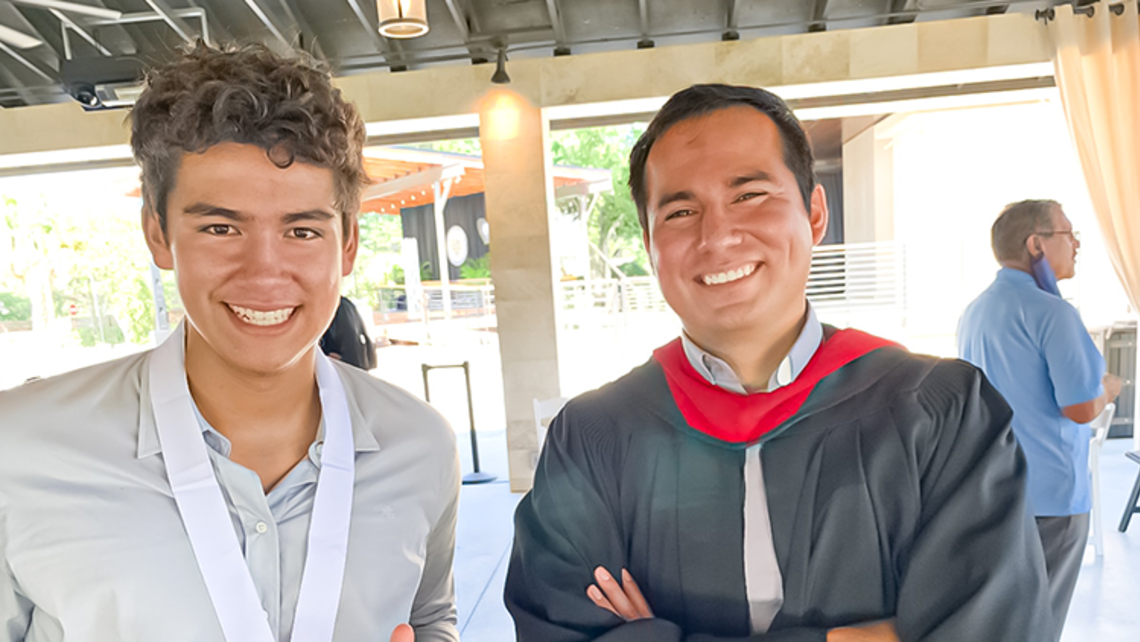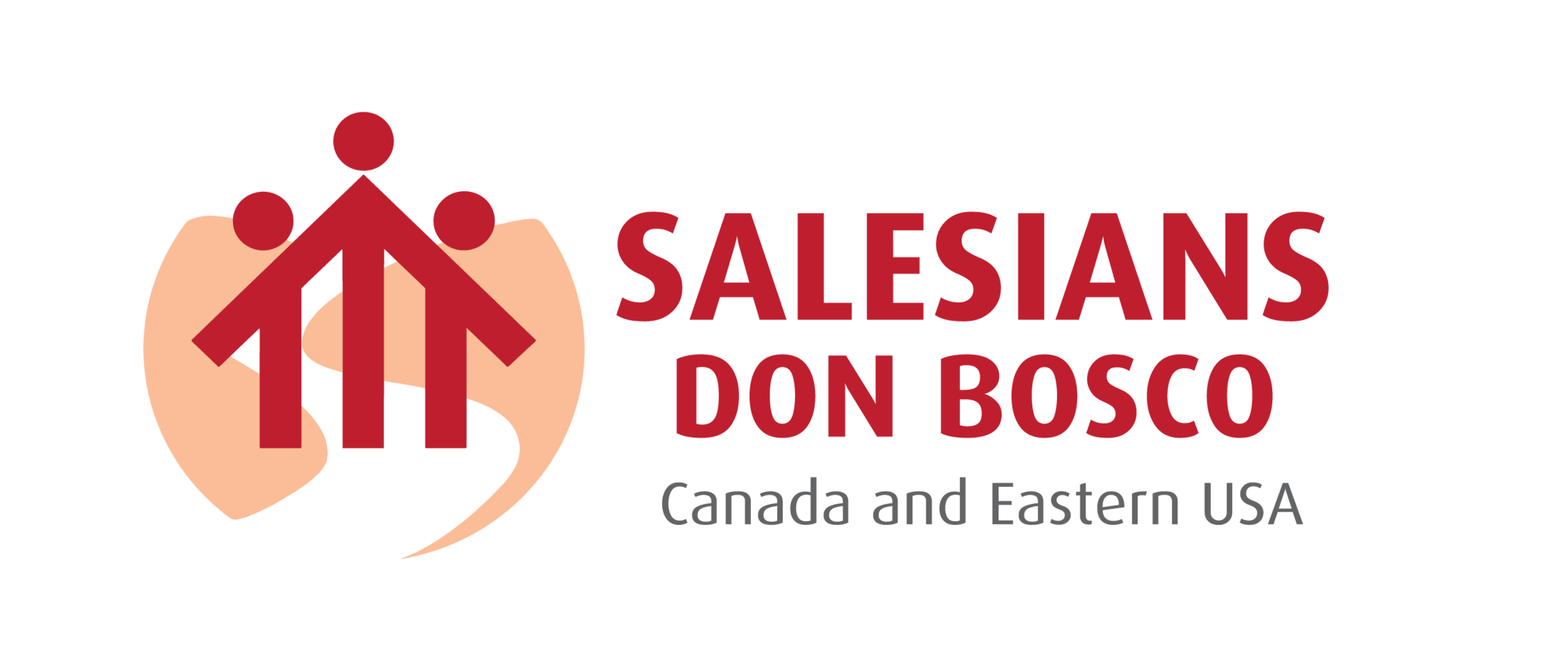
By Julia St. Clair
As Fr. Eduardo (Eddie) Chincha prepared for his first CYM Meetings, he didn’t have any expectations. Having later heard stories throughout the course of three days of how members of the Salesian Family were directly affected by racism, he was struck by an all too familiar and uncomfortable feeling.
“When you have an accent and there is a language barrier, people can perceive you as ‘less qualified,’” he explained. “My family, many members of the Latino community, and I have gone through this challenge.”
This realization led Fr. Eddie to share one of the ways he was affected by racism during a small group breakout session. “When I first met people, they always assumed I was a ‘simple priest’ who solely worked with the Hispanic community,” he recalled. As a result, Fr. Eddie was deeply touched by the many experiences shared throughout the CYM Meetings. “I felt really sorry for everyone,” he reflected. “The pain, anguish, memories, and trauma stay with you, even if it happened a long time ago.”
As the Director of Campus Ministry and a Theology teacher at Cristo Rey Tampa Salesian High School in Tampa, FL, Fr. Eddie has witnessed firsthand how his community addresses racism. “At Cristo Rey Tampa Salesian High School, we offer a sequence of workshops on how to combat racism, which is great because our school is made up of mostly minorities,” he declared. “We can ensure everyone is comfortable, no matter their race or background.”
Fr. Eddie also suggested an increase in openness to all forms of communication. “We have to be more sensitive to different forms of communication, especially with the parents, who have a lack of awareness,” he described.
This recommendation of openness could also branch out to the Salesian Family and the Church overall. “As a Church, we are more or less in the right direction in regard to racism, but we lack exposure to it,” he detailed.
One definite step Fr. Eddie suggested was to examine how many directors come from minority backgrounds. “A lot of leadership is over 50 and white,” he expressed. “This could lead us to see if we trust all people in leadership—and what we can do to address it.”






